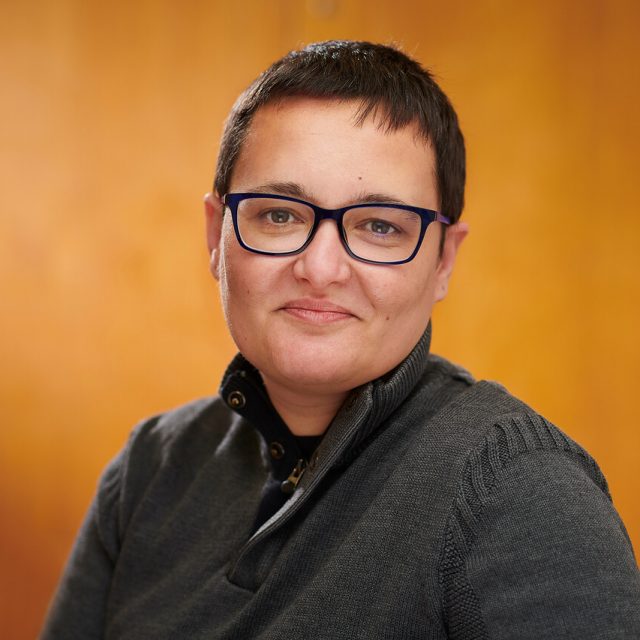Dr Valeria Occelli
Lecturer in Psychology
Psychology

Profile
Research Interests
“We don’t see things as they are, we see them as we are” — Anaïs Nin (1961).
Throughout my research work, I have delved into the issue of how humans process and integrate sensory information, and how these processes change as a consequence of neurological conditions or sensory deprivation. In particular, I have investigated the crossmodal plasticity mechanisms that can be observed in people who have been blind since birth or who have lost their sighted later in life. I have explored these issues from both a behavioural (psychophysics) and neuroimaging perspective (i.e., MEG and fMRI).
In continuation with my long-standing research interest into (multi)sensory perception, I am currently in the process of setting the foundations of a new avenue in my career path, by exploring how cognitive and perceptual processes can be affected by individual variability in traits, beliefs and personality.
Teaching
Module Leader:
Cognitive Psychology (PSY4311) – Master’s Program in Psychology (Conversion)
Lecturer:
Real World Psychology (PSY1117) – Undergraduate Program in Psychology
Cognitive Psychology (PSY2114) – Undergraduate Program in Psychology
Cognitive Psychology (PSY4311) – Master’s Program in Psychology (Conversion)
Biological Psychology and Cognitive Psychology Sessions – FastTrack University Foundation Certificate
Seminar Tutor:
Research Methods and Data Analysis (PSY2116) – Undergraduate Program in Psychology
Applying Psychology (PSY2117) – Undergraduate Program in Psychology
Developmental Psychology (PSY2112) – Undergraduate Program in Psychology
Biological Psychology (PSY2115) – Undergraduate Program in Psychology
Personality and Individual Differences (PSY3129) – Undergraduate Program in Psychology
Cognitive Psychology (PSY4311) – Master’s Program in Psychology (Conversion)
Dissertation Supervisor:
Undergraduate Program in Psychology
Master’s Program in Psychology (Conversion)
- Structural and functional network-level reorganization in the coding of auditory motion directions and sound source locations in the absence of vision
- General Enhancement of Spatial Hearing in Congenitally Blind People
- Shared Representation of Visual and Auditory Motion Directions in the Human Middle-Temporal Cortex
- Molyneux’s question and neuroscience of vision
- Haptic Object Recognition is View-Independent in Early Blind but not Sighted People